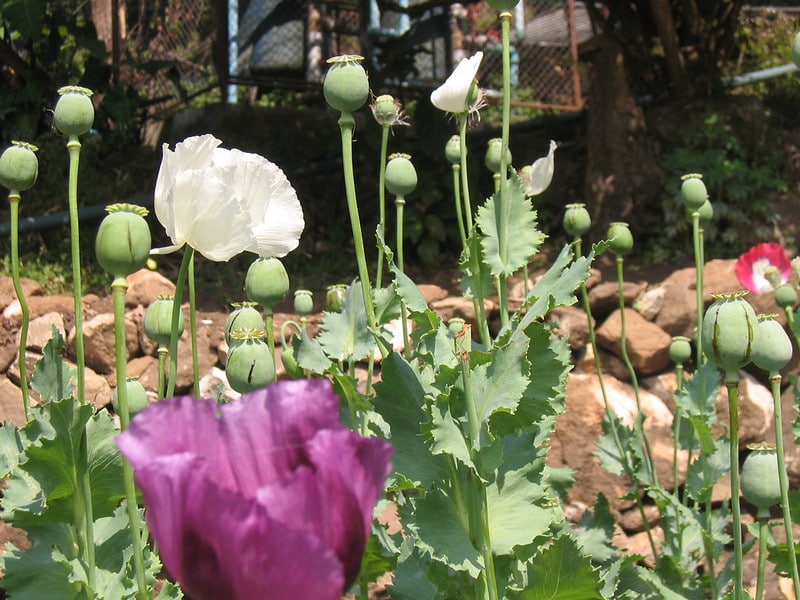Drugs like opium and cannabis have been used in cultures around the world for millennia. Drug regulation, on the otherhand, arrived when settlers and colonizers did—particularly in African and Asian countries.
“Criminalization is a colonial legacy,” Tripti Tandon, deputy director with the Lawyers Collective, told Filter.
Lawyers Collective is one of the oldest human rights organizations in India. Tandon had just spoken on the impact of colonization on drug policy within the country during a May 26 panel hosted by Harm Reduction International, Release, Dejusticia, the International Drug Policy Consortium, the Transnational Institute, and Voices of Community Action & Leadership, Kenya. The panel, Decolonising Drug Policy: Dismantling Racism and Colonialism Through Drug Policy Reform, was the first of a four-part series. Speakers from India, South Africa and Kenya shared their experiences.
“The American experiment in drug prohibition … really became one of the flagship foreign policies of the USA,” said Kojo Koram, a lecturer at the Birkbeck School of Law, during the panel. “[It] had the consequences of actually reproducing, and in some cases accelerating, the racial and geographical divisions within the world.” Koram’s research points to implementation of drug prohibition and penalization policies as a way to “civilize” Indigenous peoples.
Over time, these ideas have been internalized and adopted by communities, becoming a societal norm and creating a massive stigma against attempts to introduce policies that are more humane.
“It was the colonial state that argued the problem of opium use in our society. It was the Indian nationalists which joined with evangelicals to support prohibition,” Tandon said. “Prohibition is now ingrained in the constitution.”
“Accounts of how Africans used cannabis in cultural contexts have been shelved.
Aggrey Aluso, program manager of the Health and Rights Program at Open Society Initiative for Eastern Africa, spoke of parallel experiences among Kenyans. “Cannabis has a rich cultural place in our society,” Aluso said. “Accounts of how Africans used this drug in cultural contexts have been shelved. Instead, narratives of exaggerated impact have been what is dominant … the worst part of it stays in our mind, deeply ingrained in the very fabric of our system.”
Shaun Shelly, the policy, advocacy and human rights manager at TB HIV Care, said that in South Africa this kind of internalized prohibition “shows how the process of colonialism colonizes not only the land, but the people as well, to become a perpetual machine of oppression against themselves.”
To combat this, we need to understand how and where these policies originated. From that, we can find the best pathways to replacing these policies—and the stigma that comes with criminaliztion—on both a community and international scale.
“How do we undo that internalization of prohibition?” Tandon said. It’s “important that the harm be highlighted. Not just the origin of the policy, but the harms of it for people to see and acknowledge and accept. Because otherwise, people think it’s the right thing to do; it’s good for our people and our society.”
Tandon said that this necessitates a need for understanding the history and origins of harmful drug policy, but also a need for more evidence-based solutions and responses rooted in human rights, highlighting how policies are unfair and unjust.
Photograph of Thailand opium flower by TaQpets via Flickr/Creative Commons 2.0





Show Comments